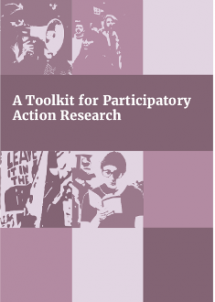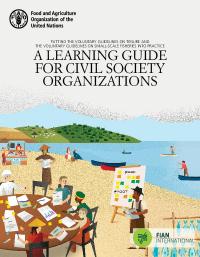Perceptions of wood-processing industries on FLEGT implementation: Insights from Vietnam
This paper analyses timber and wood processing companies' views on opportunities and challenges for FLEGT implementation in Vietnam based on a literature review, online surveys with 56 timber and wood processing companies, in-depth interviews with 26 stakeholders from different institutions, and a consultation workshop involving 94 participants.




